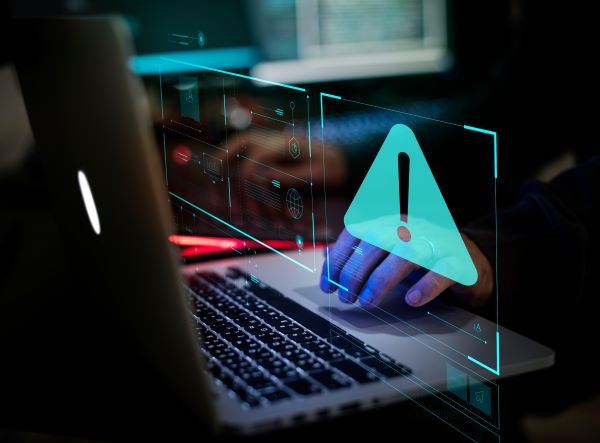As the digitalisation of society continues, creating more connections among people, businesses and governmental structures, our vulnerability to cyberattacks is increasing, as is the possibility of a full-scale horizontal impact in several EU jurisdictions at the same time. Ransomware groups are increasingly sophisticated, act strategically to maximise profits and reduce risks, and use multilayers of extortion methods to pressure victims and cooperate with other malware criminal groups.

In 2021, the EJCN gathered all its learnings on this priority topic in the EJCN Map of Ransomware, providing an overview of answers to the Network’s questionnaire from the EU Member States, as well as Norway and Switzerland. The analysis demonstrates that the level of awareness on ransomware from law enforcement and judicial authorities remains low, and the ability to respond to it greatly varies across Europe. This exercise, in cooperation with Eurojust, is a starting point for the Network to support greater efficiency in fighting ransomware by providing proper tools for judicial authorities to tackle it.
Following a joint EU-US statement in June 2021 underlining the need for cooperation, the topic has also been discussed in high-level meetings between the European Union and the United States. On 25 October 2021, Eurojust participated in the first meeting of the newly established EU-US Ransomware Working Group, dedicated to ransomware issues focusing on operational aspects. The Working Group will collaborate on international issues in an effort to mitigate ransomware threats impacting both the United States and the European Union.
As a follow-up, the President of Eurojust, Ladislav Hamran, was invited to present the judicial dimension of the EU-US cooperation on ransomware at the EU-US JHA Ministerial Meeting in December 2021. He stressed that the increase in the number of ransomware attacks, particularly in healthcare during the pandemic, creates important questions for prosecutors and judges. For example, should crime groups attacking healthcare facilities be considered as not only having illicit profit-making in their intent but also the intent to cause physical harm to people, or even murder?
In 2022, Eurojust looks forward to hosting a high-level workshop with its US partners to further translate the joint fight against ransomware into operational outcomes. Moreover, the Agency’s new ransomware subgroup within Eurojust’s Cybercrime Working Group will monitor legislative developments and provide strategic guidance in the field.
